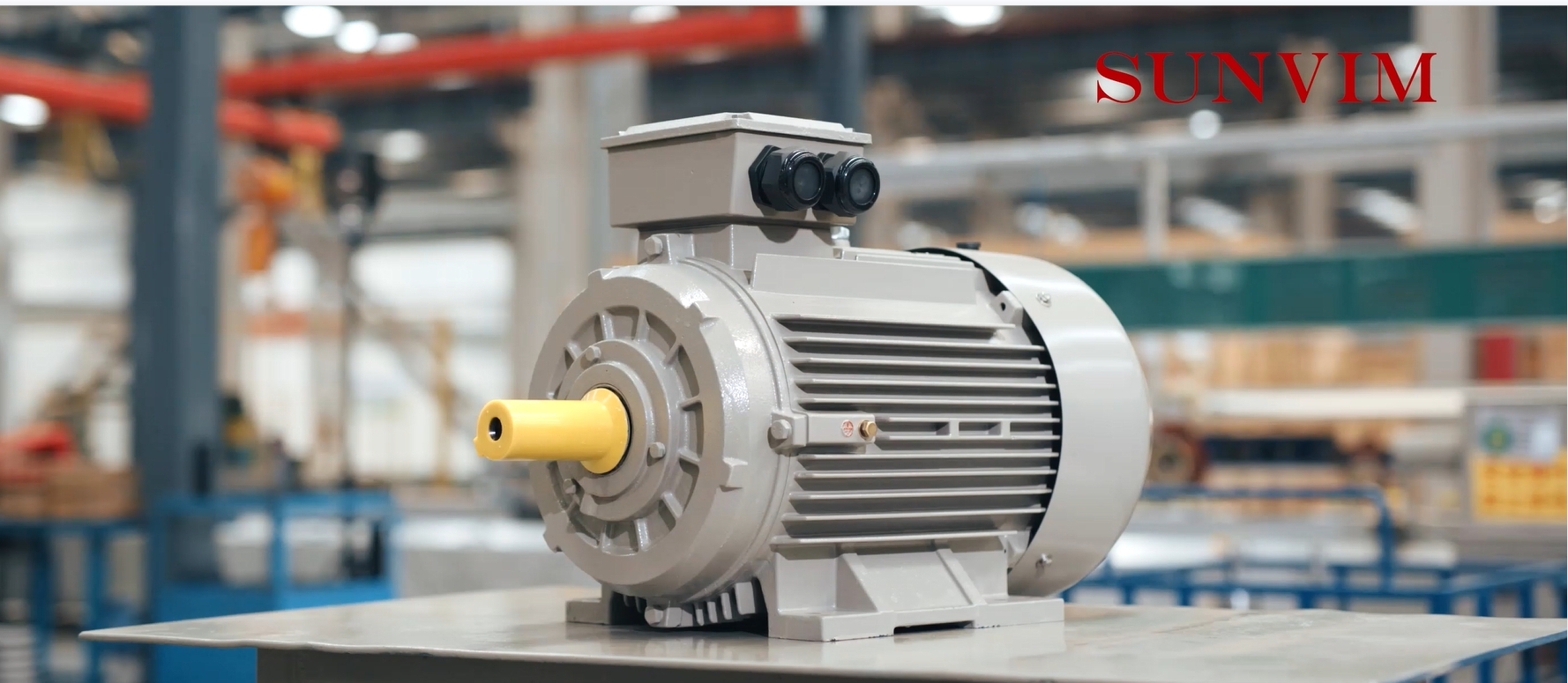A motor with a higher power does not necessarily mean it is more powerful, because the power of a motor depends not only on power but also on speed. The power of a motor represents the work done per unit time. A higher power means that the motor converts more energy per unit time, which theoretically leads to better power performance. However, in actual applications, the speed and power of a motor depend not only on the power, but also on other parameters such as speed and torque. Speed represents the number of times work is done per unit time or the size of effective power, while torque is the product of force and distance, representing the moment of inertia. Therefore, the power of a motor depends not only on power, but also on speed and torque. In addition, the higher the power of a motor, the higher the power consumption, which means that under the same conditions, a high-power motor consumes more energy.Therefore, when selecting a motor, factors such as power, speed, torque and efficiency should be considered comprehensively according to actual needs to obtain the best cost-effectiveness.
Post time: Aug-30-2024

